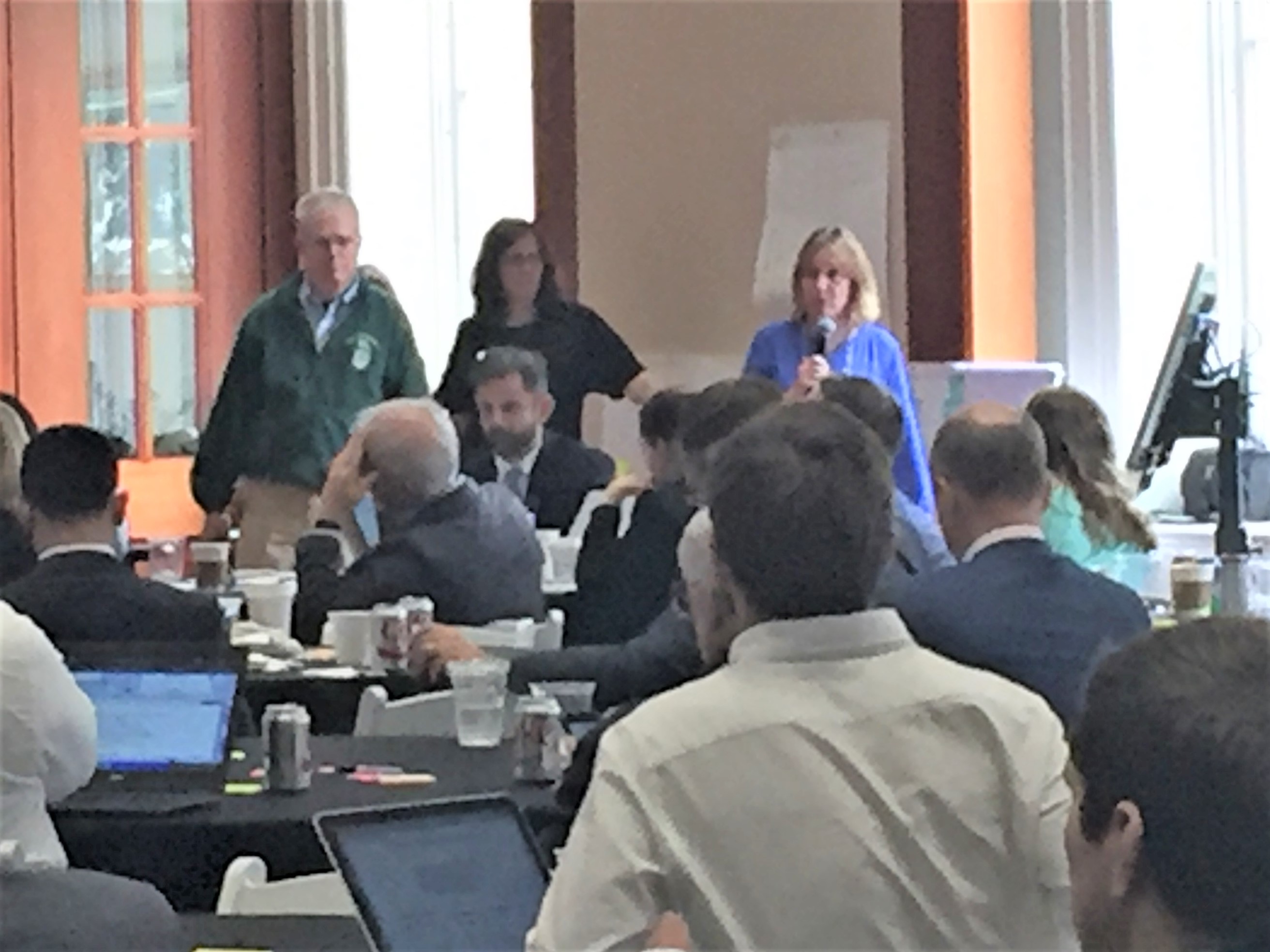Academic Researchers Struggle with Research that is Too Expensive and Takes Too Long

I was in DC for an interesting meeting a couple weeks ago. The “EdTech Efficacy Research Academic Symposium” was very much an academic symposium.
The Jefferson Education Accelerator—out of the University of Virginia school of education—and Digital Promise—an organization that invents ways for school districts to make interesting use of edtech products and concepts—sponsored the get together. About 32% of the approximately 260 invited attendees were from universities or research organizations that conduct academic style research. About 16% represented funding or investment organizations and agencies, and another 20% were from companies that produce edtech (often being funded by the funders). 6% were school practitioners and, as would be expected at a DC event, about 26% were from associations and the media.
I represented a research organization with a lot of experience evaluating commercial edtech products. While in the midst of writing research guidelines for the software industry, i.e., the Software & Information Industry Association (SIIA), I felt a bit like an anthropologist among the predominantly academic crowd. I was listening to the language and trying to discern thinking patterns of professors and researchers, both federally- and foundation-funded. A fundamental belief is that real efficacy research is expensive (in the millions of dollars) and slow (a minimum of several years for a research report). A few voices said the cost could be lowered, especially for a school-district-initiated pilot, but the going rate—according to discussions at the meeting—for a simple study starts at $250,000. Given a recent estimate of 4,000 edtech products, (and assuming that new products and versions of existing products are being released at an accelerating rate), the annual cost of evaluating all edtech products would be around $1 billion—an amount unlikely to be supported in the current school funding climate.
Does efficacy research need to be that expensive and slow given the widespread data collection by schools, widely available datasets, and powerful computing capabilities? Academic research is expensive for several reasons. There is little incentive for research providers to lower costs. Federal agencies offer large contracts to attract the large research organizations with experience and high overhead rates. Other funders are willing to pay top dollar for the prestige of such organizations. University grant writers aim to support a whole scientific research program and need to support grad students and generally conduct unique studies that will be attractive to journals. In conventional practice, each study is a custom product. Automating repeatable processes is not part of the culture. Actually, there is an odd culture clash between the academic researchers and the edtech companies needing their services.
Empirical Education is now working with Reach Capital and their portfolio to develop an approach for edtech companies and their investors to get low-cost evidence of efficacy. We are also getting our recommendations down in the form of guidelines for edtech companies to get usable evidence. The document is expected to be released at SIIA’s Education Impact Symposium in July.
